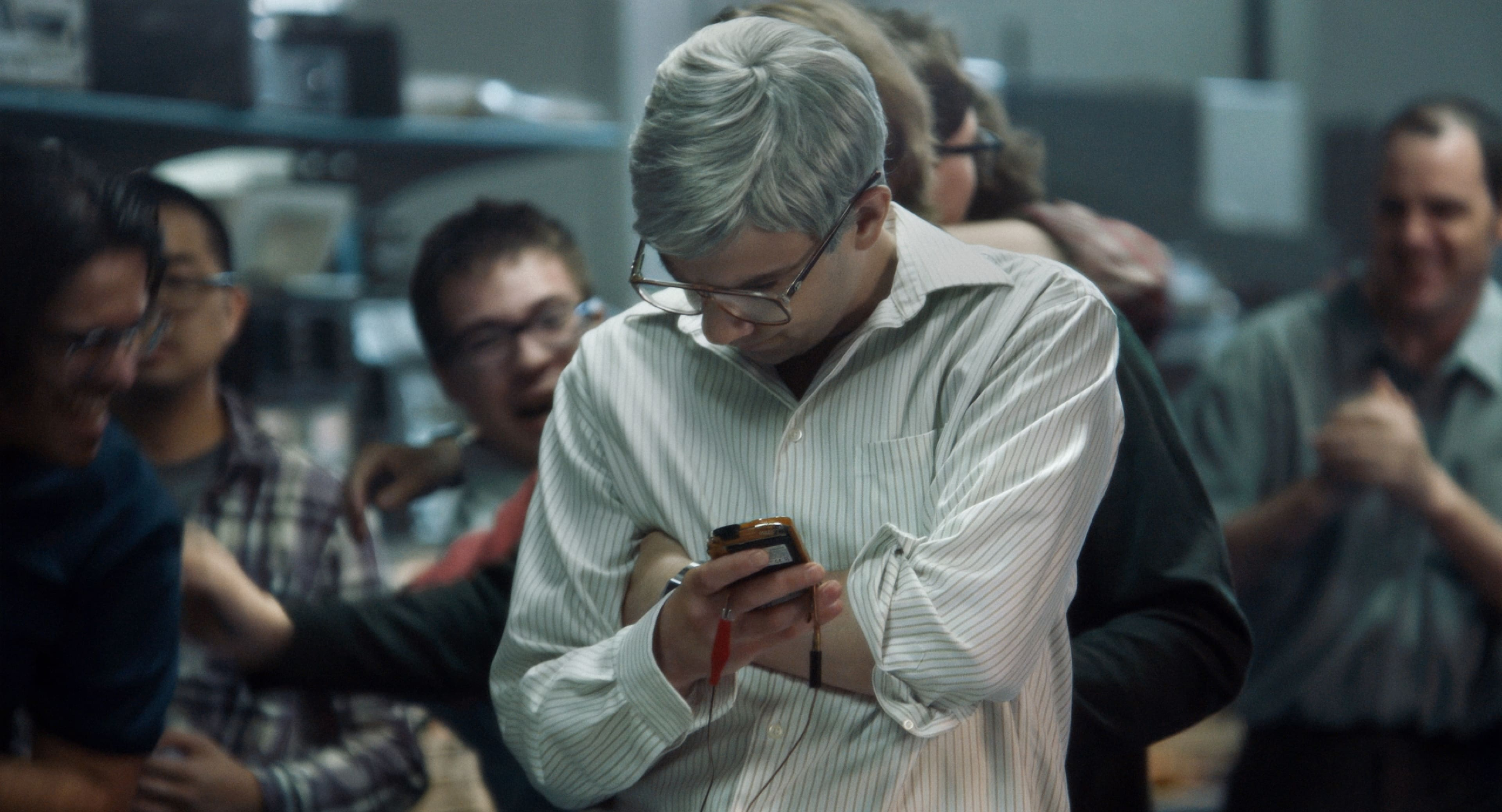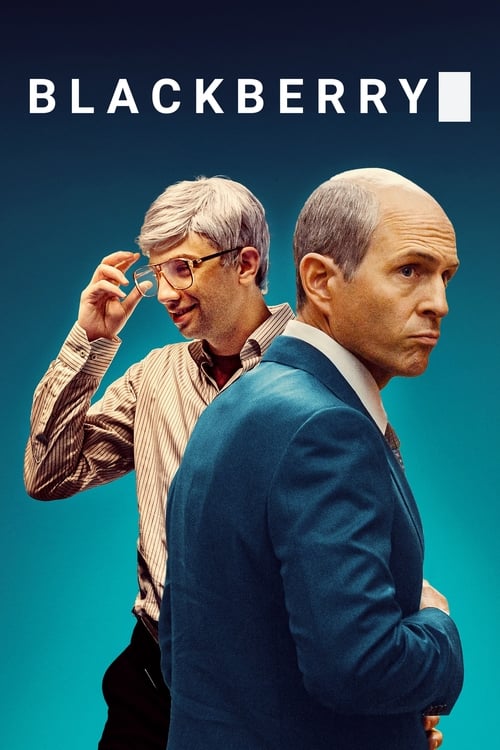BlackBerry – Film Review
Published June 2, 2023

Two mismatched entrepreneurs – egghead innovator Mike Lazaridis and cut-throat businessman Jim Balsillie – joined forces in an endeavour that was to become a worldwide hit in little more than a decade. The device that one of them invented and the other sold was the BlackBerry, an addictive mobile phone that changed the way the world worked, played and communicated. But just as BlackBerry was rising to new peaks, it also started losing its way through the fog of Smartphone wars, management indecision and outside distractions, eventually leading to the breakdown of one of the most successful ventures in the history of the tech and business worlds.
BlackBerry, directed by Matt Johnson, takes audiences on a journey through the fascinating rise and fall of the world’s first smartphone. Anchored by exceptional lead performances from Glenn Howerton and Jay Baruchel, the film offers intense and nail-biting scenes that grip viewers from start to finish. However, while BlackBerry succeeds in capturing the vintage essence of its era, it falls short in delivering anything new or innovative, and its overlong runtime weighs down its overall impact.
Glenn Howerton and Jay Baruchel deliver exceptional performances as Jim Balsillie and Mike Lazaridis, respectively. Both actors dive deep into their roles, portraying the complexities of these visionary figures with conviction and nuance. Their on-screen chemistry is palpable, and they elevate the tension in the film’s most intense moments. Howerton’s portrayal of Lazaridis captures the character’s brilliance and obsessive determination, while Baruchel brings a vulnerable and ambitious energy to Balsillie. Together, they bring a sense of authenticity to the story, immersing viewers in the fascinating world of BlackBerry’s inception and eventual downfall.
One of the film’s standout aspects is its ability to recreate the time period in which the events unfold. From the fashion choices to the technology showcased, BlackBerry transports audiences back to the early 2000s. The attention to detail is commendable, and the film successfully captures the nostalgia and aesthetic of the era. However, while the vintage feel adds charm and authenticity to the narrative, it also contributes to the film’s lack of originality. BlackBerry falls into the trap of feeling too familiar, resembling other movies in the same genre, and failing to bring a fresh perspective to its subject matter.
Despite its two-hour runtime, BlackBerry feels overlong. The film suffers from pacing issues, with the first and third acts dragging along at a disappointingly slow pace. While the second act shines with its gripping portrayal of the corporate battles and technological breakthroughs, the film as a whole could have benefitted from tighter editing. Some scenes feel repetitive and could have been trimmed to maintain a more engaging flow. As a result, the film occasionally loses momentum, making it harder for viewers to stay fully invested throughout its duration.
On the technical front, BlackBerry excels in its production design and cinematography. The visual aesthetic further enhances the vintage atmosphere, with careful attention given to recreating the offices and boardrooms where key decisions were made. The film’s color palette, dominated by sleek greys and blues, reflects the corporate world it portrays. Furthermore, the cinematography expertly captures the high-pressure moments, employing dynamic camera movements and close-ups that amplify the tension.
The screenplay, written by Matt Johnson and Matthew Miller, is well-researched and presents a comprehensive overview of BlackBerry’s rise and fall. The script effectively highlights the internal struggles and external challenges faced by Lazaridis and Balsillie, shedding light on the complex dynamics of the corporate world. However, it occasionally veers into exposition-heavy territory, which hampers the film’s overall impact. Moments of genuine emotion are sometimes overshadowed by the need to explain intricate details, leaving the audience yearning for a deeper exploration of the characters’ personal lives.
Despite its flaws, BlackBerry manages to engage viewers with its compelling story and exceptional lead performances. It effectively transports audiences back in time and delivers intense, nail-biting scenes that showcase the struggles and triumphs of its central characters. However, the film’s lack of originality, overlong runtime, and occasional pacing issues prevent it from reaching the heights it aspires to. Nevertheless, for those interested in the history of technology and the human drama behind groundbreaking inventions, BlackBerry offers a worthwhile glimpse into the rise and fall of a technological pioneer.
